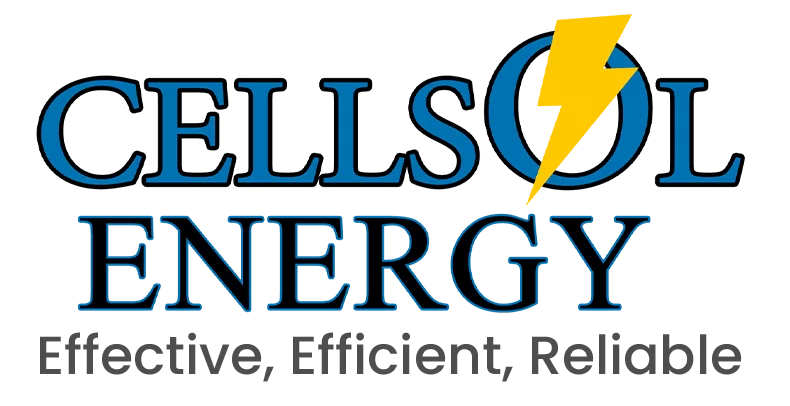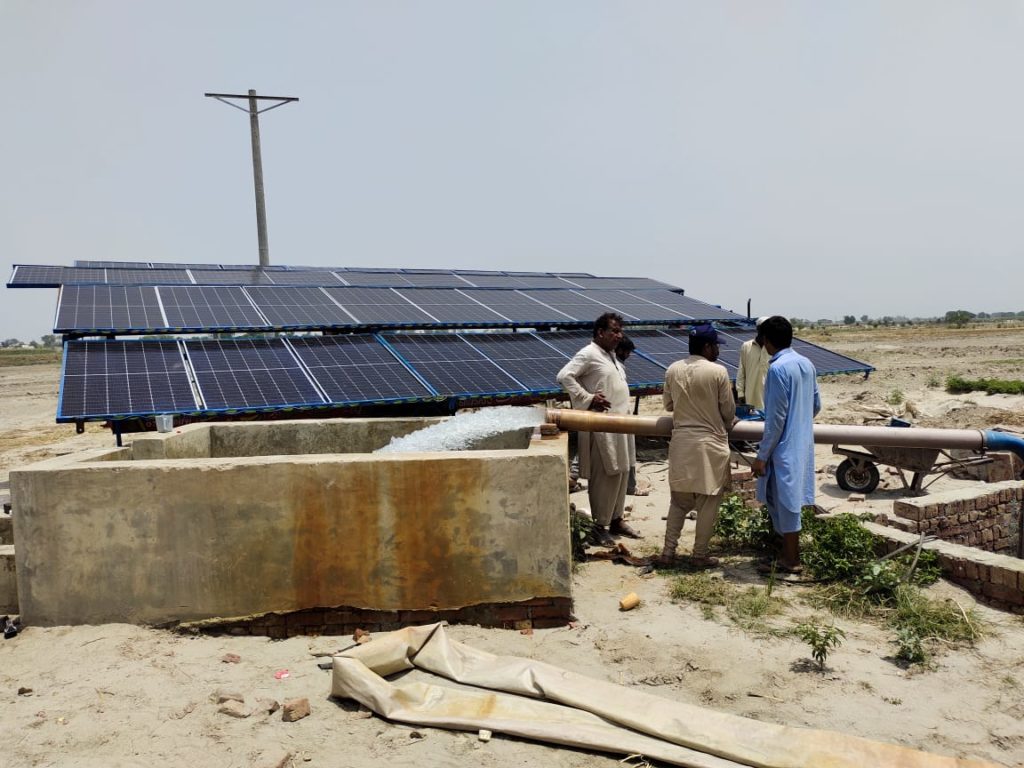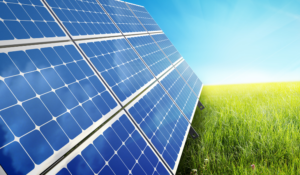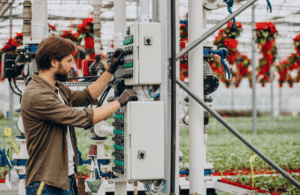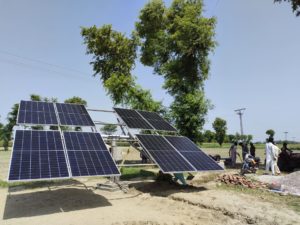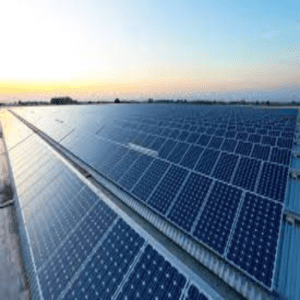Solar Market Predictions: What Does the Inflation Reduction Act Mean for You?
The Inflation Reduction Act (IRA), a historic law, was passed in August 2022, making it the biggest federal initiative to combat the negative effects of climate change and decarbonize the entire economy. Continue reading to learn how the U.S. Government’s investment will make the switch to renewable energy and electric vehicles more affordable for you, as well as what costs you will incur if you put off going solar for too long.
30% Solar Investment Tax Credit (ITC) For Solar Systems and Energy Storage Technologies:
The ITC was increased to 30% and extended for 10 years, indicating a surge in the use of alternative energy in the years to come. After installing solar panels, taxpayers will get almost a third of the system’s cost back through a federal tax season return, making the switch to clean energy more affordable than ever. Additionally, those who are interested in energy storage technologies like the Tesla Power wall. Which keeps a home running during a power outage—are in luck. Get a further 30% tax credit for the backup battery you buy. When a homeowner makes a solar energy investment, these tax credits reduce their financial burden.
Tax Credits for Electric Vehicles (EVs), Plug-In Hybrid Electric Vehicles (PHEVs), And EV Chargers:
When installing an EV charger at your home, property owners who own EVs may also be eligible to receive 30% of the overall cost of the device and installation. EV
owners charge their vehicles at home 80% of the time but don’t disclose the cost. EV adoption will reduce carbon emissions and save drivers thousands of dollars on fuel, but there is a cost associated with it. With rising electricity costs, charging your car at home can raise your utility bill, put more stress on the electric grid, and reduce the amount of energy that is available to all homes. However, EV owners can rest assured that their EVs will have plenty of clean energy to power if they install solar in their homes.
$40 Billion Investment in American Manufacturing for Clean Energy:
The “Make it in America” initiative launched by the IRA will result in the domestic shift to clean energy manufacturing, which will generate thousands of high-skilled jobs. This change will “revitalize American manufacturing,” give domestic clean-energy equipment opportunities a top priority and mend the supply chain. Unfortunately, it will be a while before domestic goods are widely accessible and reasonably priced. There is a chance that shady solar dealers will enter the fray with flimsy, short-term fixes. With all this cash, the industry will probably become more regulated, and solar firms may close their doors or merge. Fortunately, Freedom Solar has a 15-year track record and is supported by Sun Power’s 35-year history and a 25-year warranty.
Rebates from The ENERGY-EFFICIENT Home Improvement Credit:
Some home improvements may need to be completed to facilitate your switch to solar. With the help of the Energy Efficient Home Improvement Credit, the cost of these improvements will be reduced by up to $4,000 for breaker boxes and $2,500 for electric wires. Heat pumps, water heaters, ventilation improvements, and some smart appliances at the point of sale are all eligible for bonus rebates under this credit. These credits expire in 2032, and because prices are rising due to inflation, it is better to act now rather than later for the sake of both the environment and your wallet.
